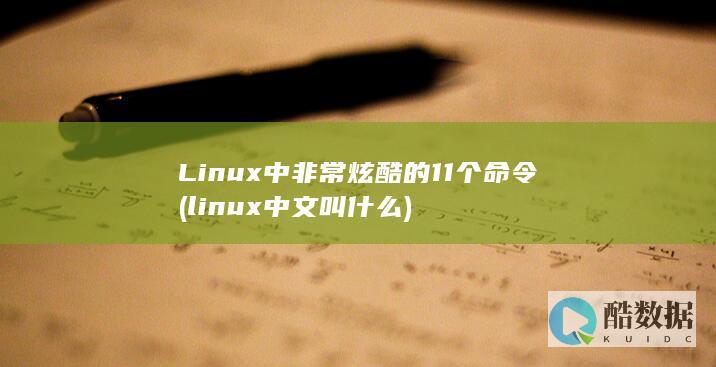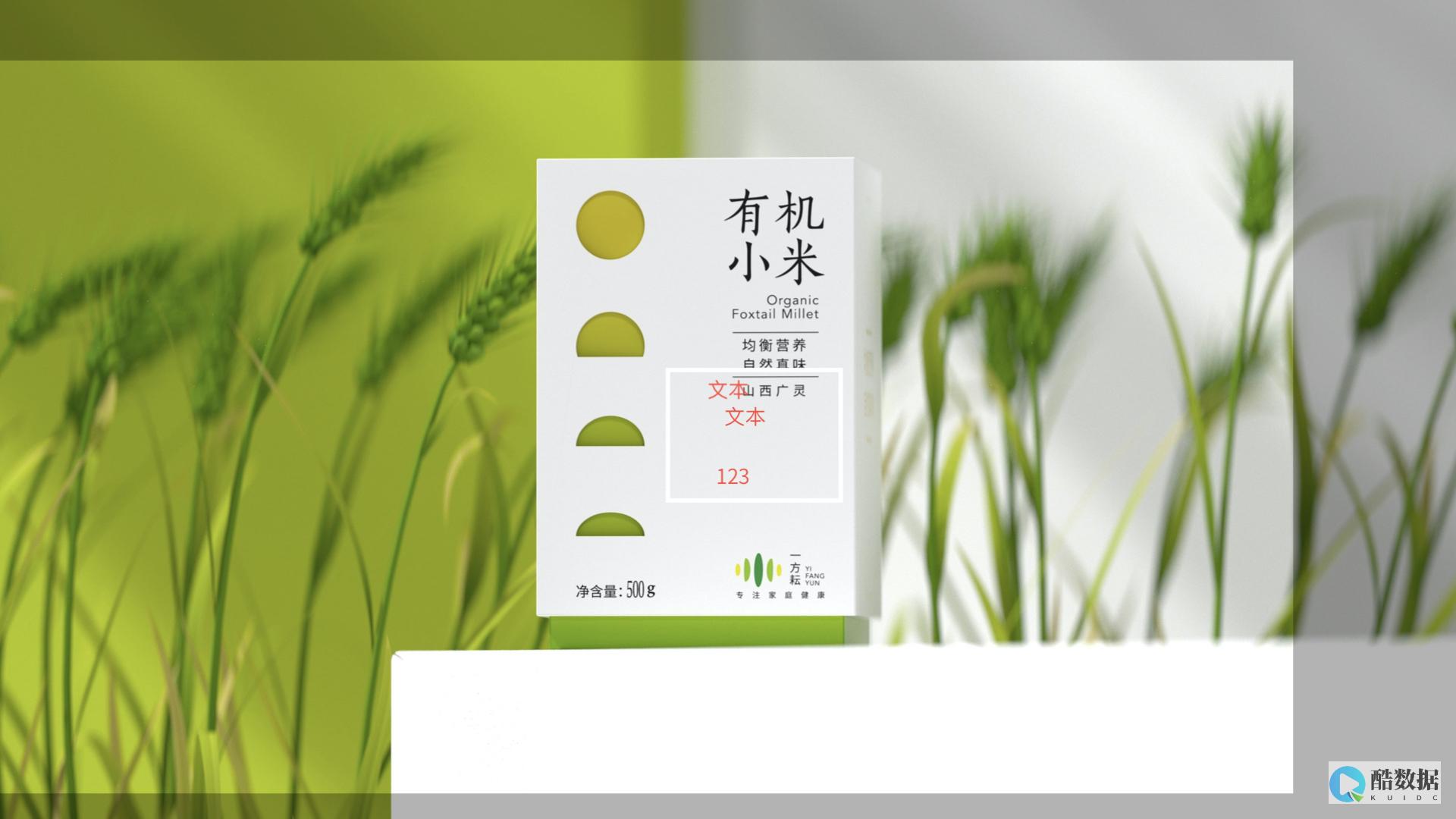
所有的模板变量默认输出都会自动进行转义处理,以避免攻击的可能性。如果你不需要进行任何的转义,可以使用保持原样不做转义输出(例如输出HTML内容的时候需要)。
think的短语
come to think of it 细想一下 First think, then speak. [谚]先思而后言。 I dont think [俚]我倒不相信, 靠不住(加在讽语之后) just think 只想想看(表示惊异) not to be thought of 不能设想 Only think! [口]嗳, 你想想看! 试想一下, 真想不到! Who could have ever thought? 谁会想到? wouldnt think of 绝不会想[做]那种事 You cant think! [口]真想不到! 简直不能想象! 简直令人难以相信! think about [of] 思索, 考虑; 回顾, 想起; 想到(某人, 某事) think a lot of 喜欢; 尊敬 think aloud 自言自语 think and think 细想 think away 想开了, 想得忘了 think back to 回忆起 think better of 改变看法; (对某人)有较高的评价 think for 认为, 预料 think highly[much, no end, well]of... 评价极高; 重视, 赞美; 器重, 看得起 think little [nothing] of 轻视, 满不在乎; 对...毫不考虑, 毫不踌躇 think long (for, after) [英, 方]渴望, 切望 think of 考虑 设想, 想象 [常用于否定句, 与could, should, would连用]有...想法[念头] 想起, 记得 想出(主意), 提出(建议) [和副词连用]认为(某事或某人)是... think one is it [美俚]自以为了不起, 自高自大 think (sth.) out[through] 仔细考虑; 想出, 想透; 设计出 think over 仔细考虑一下(指想过了, 再想) think to [美方]认为 think to oneself 心中想, 盘算, 自思自忖 T-today and speak tomorrow. [谚]熟思而后言。 think twice 再三考虑; 踌躇 think up 想出, 想起; 捏造, 虚构; 设计出, 发明 think with 和...意见相同
英语:think 的意思?
THINK 英文 有很多种~比如·思考,思念,想,等等~ 有很多意思的~呵呵 加油吧!
think有哪些意思?
一. think的过去完成时用来表示“原以为”、“本来以为”之意,实际上没有实现。 如:I had thought the party would be a great success.我原以为这次晚会会获得成功。 The doctor had thought the boy would be saved.那位医生原以为那孩子会获救。 有类似用法的动词还有:hope, want, expect, mean, suppose, intend等,其过去完成时用来表示过去未曾实现的愿望、预料和打算。 如:His father had hoped that his son would become a doctor.他父亲原希望他的儿子成为一名医生。 The project had been expected to be completed in two years and a half.人们原本期待这项工程在两年半内完工。 二. 当主句的动词为think时,其后的宾语从句如果带有否定意义,通常将从句的否定转移到主句。 如:I don”t think it is necessary to do so.我认为没有必要这样做。 Mary didn”t think that her father would leave her alone.玛丽认为她父亲不会把她独自留下的。 We don”t think it is a waste of time to try to persuade him to do it.我们认为努力劝说他做那件事并不是浪费时间。 有类似用法的动词还有:suppose, believe, hope, expect等。 如:He doesn”t suppose that we will win the match.他猜我们不会赢得那场比赛。 三. 当陈述部分是带有一个宾语从句的主从结构时,其后的附加问句部分应与主句的主语和谓语保持对应关系。 如:Mary didn”t think that her father would leave her alone, did she?玛丽认为她父亲不会把她独自留下的,是吗?He doesn”t suppose that we will win the match, does he?他猜我们不会赢得那场比赛,是吗?但当主句是I think / believe / suppose…等时,其后的附加问句则与宾语从句的主语和谓语动词保持对应关系。 附加问句的肯定否定形式要与主句对应。 如:I don”t think it is necessary to do so, is it?I believe he speaks English the best in his class, doesn”t he?I don”t think the work was so well done, was it?I think they have arrived, haven”t they?四. think常用于以特殊疑问词开始的特殊疑问句句中。 如:What do you think he can do?你认为他能做什么?Who do you think is fit for the job?你认为谁适合做这项工作?Why do you think he is not an honest man?你为什么认为他不诚实?Where do you think we should hold the meeting?你认为我们应该在哪里开会?What do you think we should do to settle the problem?你认为我们应该如何解决这个问题?















发表评论